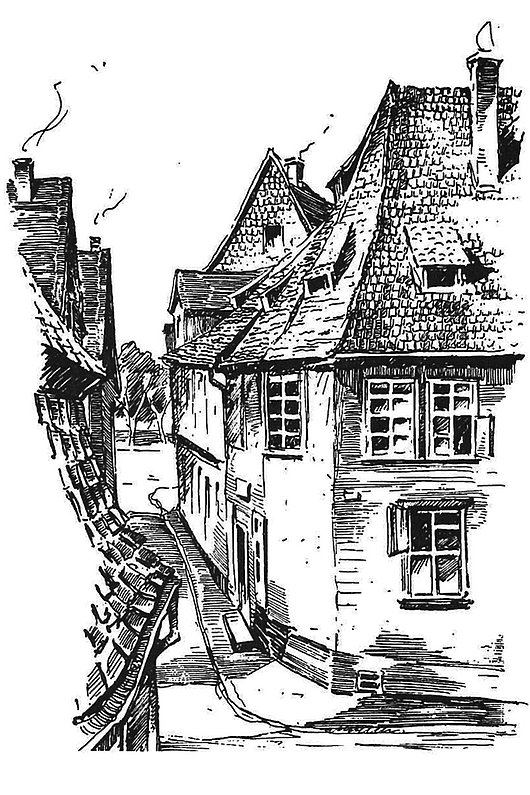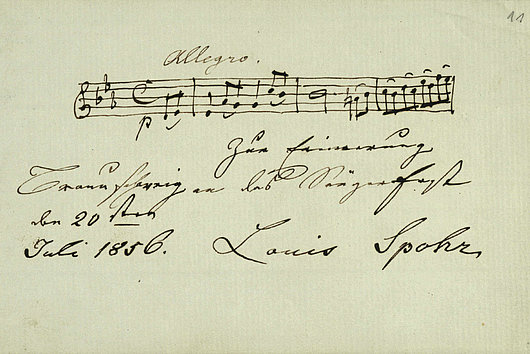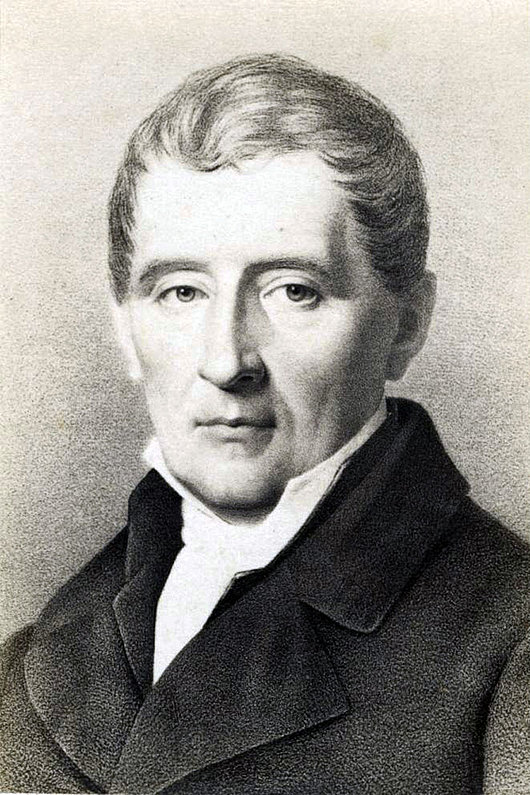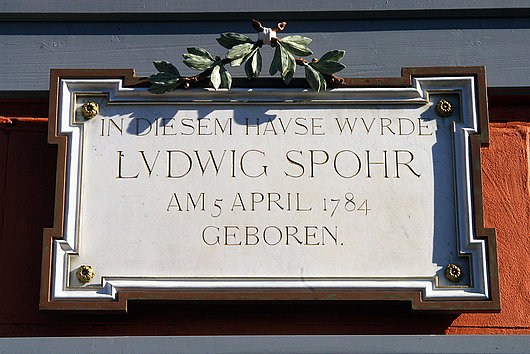Spohr in 19th century
Spohr was one of the leading musical personalities in the first half of the 19th century. As a composer he was mentioned by his contemporaries in the same breath as Beethoven; as a violin virtuoso he was, along with Paganini, one of the greatest of his epoch; with his activities as conductor and teacher he set new standards.
There are many prejudices about Spohr as a composer, often resulting from the ignorance of his best works. The roots of the melodic, harmonic and rhythmic characteristics of his music can be traced back to the traditions of Viennese Classicism and his unmistakable reverence for Mozart on the one hand, and to models from the field of French opera and the French violin concerto on the other. Spohr's scores are also characterized by their high level of craftsmanship and melodic inventiveness as well as by their rejection of popular and superficial effects.
Louis Spohr received his first violin lessons at the age of five and tried his hand at first compositions at six. At the age of 15 he was already employed by Duke Ferdinandvon Braunschweig as court kapellist, the year Beethoven wrote his first symphony. By 1804 the 20-year-old was already considered the leading German violinist, while Beethoven was presenting his 3rd symphony.
At 21 Spohr became concertmaster in Gotha, married harpist Dorette Scheidler a year later and wrote his first opera „Die Prüfung“. In 1808 the opera „Alruna“ followed, and Beethoven completed his 5th and 6th symphonies while Goethe worked on „Faust“. In 1812, Spohr became bandmaster and orchestra director at the Theater an der Wien, where he met Beethoven personally. In 1813 Spohr wrote his famous works Nonett op. 31, Oktett op. 32, the opera „Faust“ and the violin concerto no. 7. In the same year Richard Wagner was born, whose works he later made famous in Kassel. In 1815 Spohr leaves Vienna, performs his third music festival in Frankenhausen and writes the songs op. 37 and 41. Schubert's 4th symphony is written. In 1817 Spohr becomes opera and music director at the Stadttheater Frankfurt/Main. One year later he writes the string quartet op. 45 and the opera „Zemire and Azor“.
In 1822 he became court bandmaster in Kassel. The opera „Jessonda“ and the string quartet op. 58 are created. In 1834 his wife Dorette dies. He writes the oratorio „Des Heilands letzte Stunden“. In 1836 he marries Marianne Pfeiffer. Trips to Prague, Vienna and Salzburg follow, and he writes the Symphony No. 5. 1843 Spohr conducts Wagner's opera „Der Fliegende Holländer“ in Kassel. In 1845 Spohr conducts the world premiere of his opera „Die Kreuzfahrer“ and is guest conductor at the Beethoven celebrations in Bonn. Wagner writes the opera „Tannhäuser“ and Mendelssohn Bartholdy writes the violin concerto in E minor. In 1847 Spohr celebrates his 25th anniversary in Kassel and is appointed General Music Director. He begins by writing down his memoirs. 1853 Spohr performs Wagner's „Tannhäuser“ in Kassel. In 1857 he retires and conducts „Jessonda“ at the Hoftheater Kassel for the last time. In 1859 Spohr appears on stage as a conductor for the last time: in Meiningen he conducts his fourth symphony „Die Weihe der Töne“. He dies on 22.10. in Kassel.





